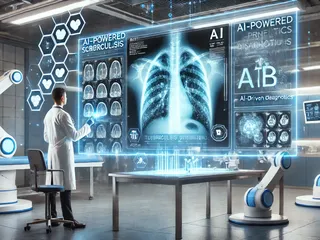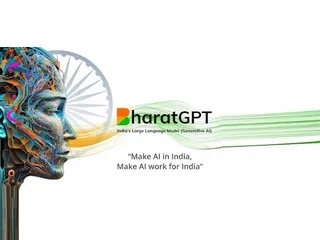Artificial intelligence (AI) is a broad field encompassing the development of computer systems capable of performing tasks that typically require human intelligence. These tasks include learning, reasoning, problem-solving, perception, and natural language understanding. AI systems achieve this through algorithms and statistical models that enable them to analyze data, identify patterns, and make predictions.
Types of AI
AI can be categorized in several ways, with one common distinction being between:
- Narrow or Weak AI: Designed for specific tasks, such as playing chess or recommending products. Most current AI applications fall into this category.
- General or Strong AI: Hypothetical AI with human-level intelligence and the ability to perform any intellectual task that a human being can. This type of AI does not yet exist.
Applications of AI
AI is rapidly transforming various industries, including:
- Healthcare: Disease diagnosis, drug discovery, personalized medicine
- Finance: Fraud detection, algorithmic trading, risk management
- Transportation: Self-driving cars, autonomous vehicles
- Retail: Personalized recommendations, customer service chatbots
- Manufacturing: Predictive maintenance, quality control
Benefits and Challenges of AI
While AI offers numerous benefits, including increased efficiency, improved decision-making, and new possibilities for innovation, it also presents challenges:
- Ethical concerns: Bias in algorithms, job displacement, privacy issues
- Technical limitations: Data requirements, computational costs, explainability of AI models
- Security risks: Vulnerability to adversarial attacks, potential for misuse
The Future of AI
The future of AI is constantly evolving. Ongoing research focuses on developing more robust, reliable, and ethical AI systems. Areas of active development include:
- Explainable AI (XAI): Making AI decision-making processes more transparent and understandable.
- AI safety and security: Developing techniques to mitigate risks and prevent unintended consequences.
- AI for social good: Applying AI to address societal challenges such as climate change and poverty.
To learn more, you can explore resources like Microsoft AI and Google AI.























